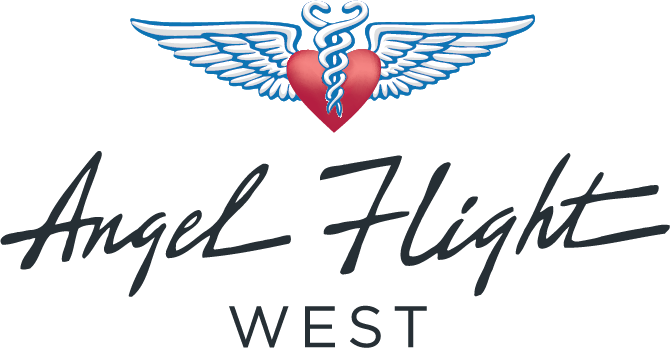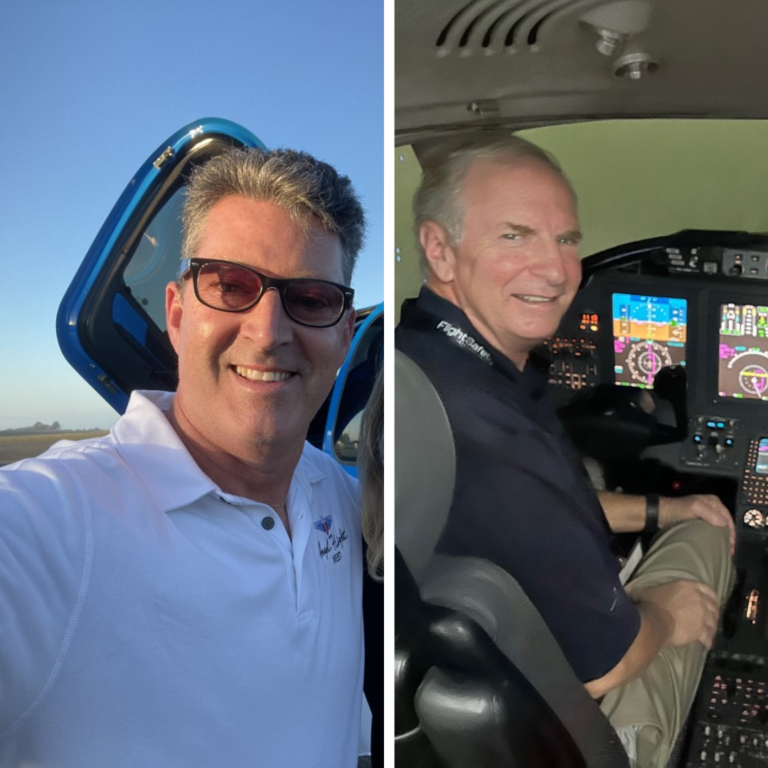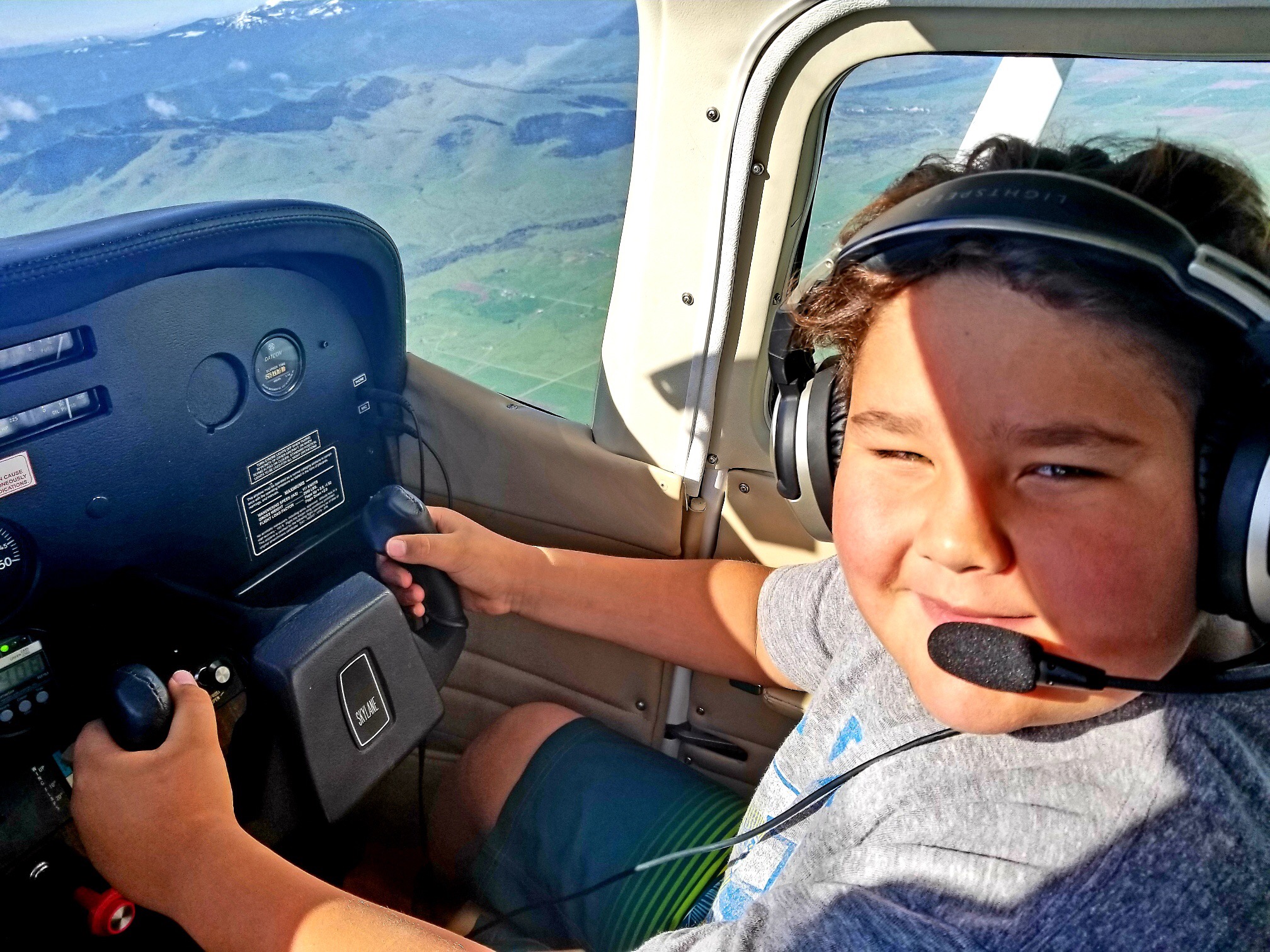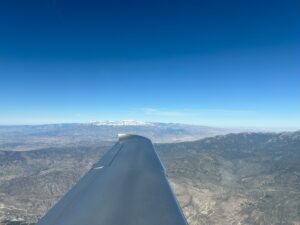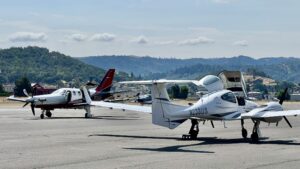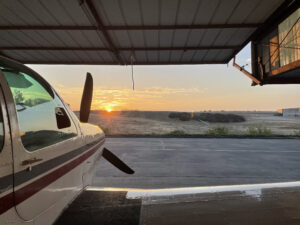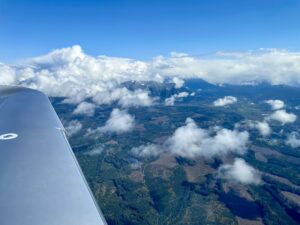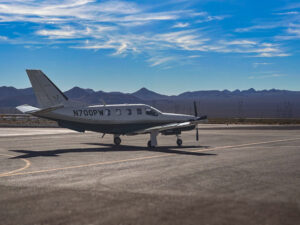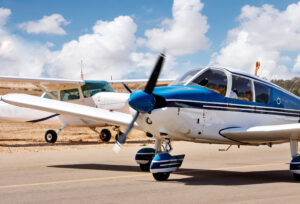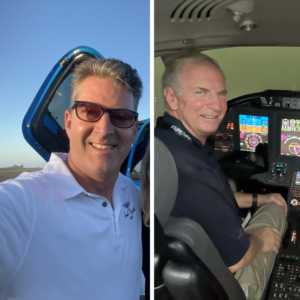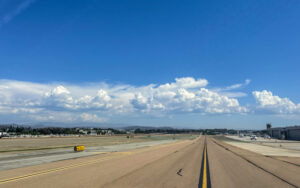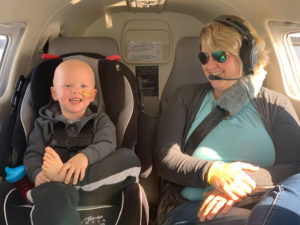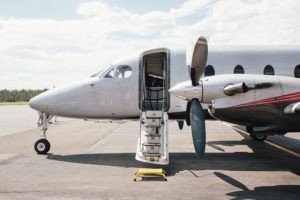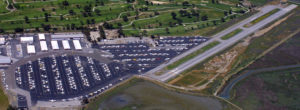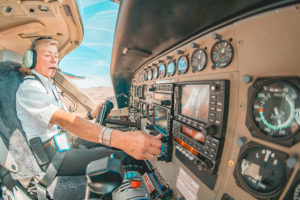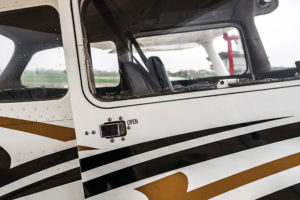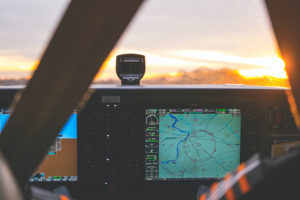Understanding Our Passengers
Upon finding a pilot for an Angel Flight West (AFW) mission, the AFW staff frequently calls the passenger only to hear. “I never heard from a pilot, so I scraped together money from friends and family to buy a commercial ticket,” or “I started driving yesterday,” or even, “I canceled my appointments.” This type of response is really frustrating, both for staff and pilots. We work hard to fill these flights and pilots work hard to free up their schedule and time for AFW missions. So why does this so frequently happen? What can we do about this to help our pilots?
AFW instructs and informs new passengers at least three times as to how our process works and what to expect. The first is through their social worker or medical provider. The second is through a volunteer phone call that goes through an extensive script. The third is direct contact from the staff as their mission approaches. Obviously, if they call us to check-in as instructed, or if a pilot calls them upon signing up for a mission these are additional points of contact.
Yet with all of these points of contact, the passenger and often their family member companions are still in a daze. They have been diagnosed with a rare illness or have been fighting a disease and the results have overwhelmed them. They are trying to balance their work and home life with new rounds of medical treatment in a foreign area and they can simply become dazed. They often have what I call “selective hearing” or they hear what they want to hear. For better success and less frustration as a pilot, I will detail some practical ways to help the patient and the AFW coordination staff in this process.
1. Frequent and clear communication is important. Pilots often assume that the patient is well versed in how AFW works, which is often not the case. As soon as you sign up for a mission, call the passenger; no matter how far away the flight is. Then call again a few times, time permitting, before the flight. Include in your conversation weather considerations, timing, and what to expect.
2. On your initial call, verify all of the information on the mission form is correct. In particular, verify the scheduled dates and times for the flight. Ensure that the planned arrival time allows enough time to reach their appointment/meeting, verify the passenger’s contact information (especially mobile or last-minute contact, whether the passenger knows the planned airport and meeting point, etc.. Provide your contact information and encourage them to contact you should anything change. Also, be sure they have ground transportation and lodging arrangements are taken care of ahead of time and have them contact the AFW coordination team if anything changes.
3. Pilots sometimes like to wait until closer to the date of the flight to sign up for missions because they want to make sure weather is acceptable. Some pilots say they do this because they don’t want the passenger to have “false hope” that their flight will be covered, or that someone with de-icing equipment will sign up. I would encourage the opposite. Sign up when you have a date available regardless of weather. We just don’t have that many planes available for last-minute bad weather trips. Also, the passenger would rather know a pilot has signed up for the mission and then have a later conversation with the pilot if weather forecasts or some other factor indicate the flight might not happen.
4. The passengers we are dealing with are frequently in dire situations socioeconomically, physically, and mentally. They can flake out. They can have bad contact numbers. They can say one thing and mean another. A lot of this can’t be avoided. However, your AFW mission coordination team is here to help! Call us. You are not bugging us. It is our job and pleasure to serve you! We can chase down numbers, track information, translate Spanish, and give you some more information. On the same note, we want to hear of questionable behavior by passengers. Whether they show up very late, are disruptive, not responsive, or possibly undeserving, we want to know so we can act accordingly. We have checks and balances in place during the intake process but we can certainly miss a few folks or run into someone taking advantage of our services.
I hope this helps give a little more insight into the passengers we serve and reduces the frustration of canceled flights. We all want to serve as many passengers as we can, as efficiently as we can. We thank you for all of your service and help on your end. We will continue to work with you to make the best use of your invaluable piloting resources.
